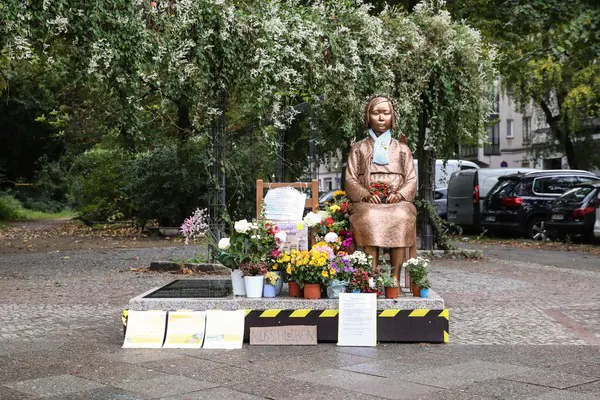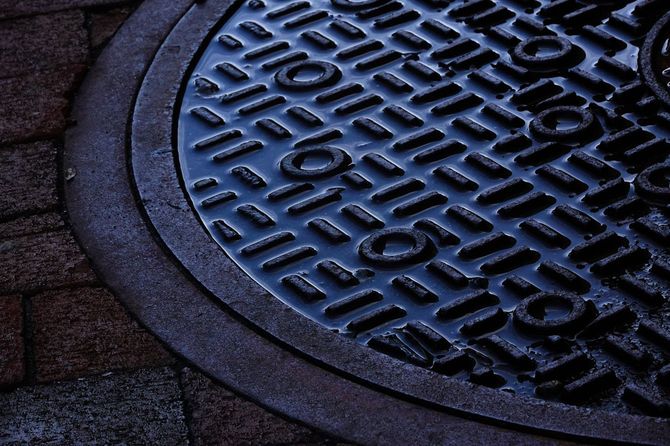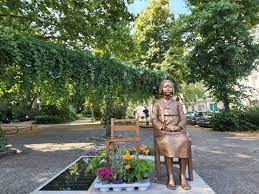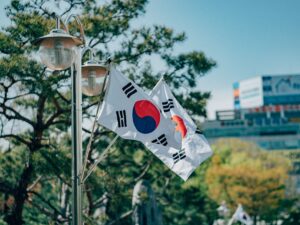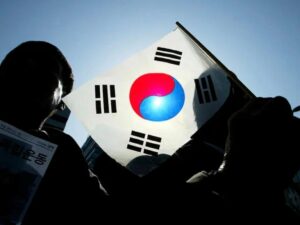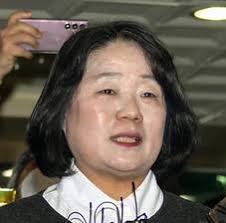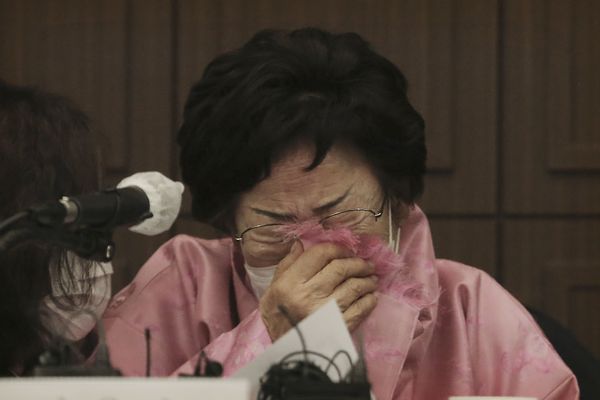
When the Japan-South Korea co-production documentary film “Yomigaeru Koe” (Voices from the Past), which records the testimonies of South Korean atomic bomb survivors and former military comfort women, was selected for the Berlin International Film Festival in February, the Japanese embassy in Germany contacted the office of the person in charge of the festival’s operations to request information about the film and a meeting, it was learned on the 7th from interviews with people involved.
It was also revealed through a freedom of information request that the embassy had reported the content of the screening and the audience to the Ministry of Foreign Affairs. The fact that diplomatic missions abroad are actively gathering information about films that deal with issues where Japan and South Korea have conflicting historical perceptions has been revealed. This could potentially cause filmmakers to become intimidated and harm the diversity of expression.
A film festival official said, “The embassy seemed to want to explain Japan’s view of the colonial period on the Korean Peninsula.” The embassy said in response to the request for a meeting, “We would like to refrain from answering in detail,” but also said, “There is no fact that we tried to give such an explanation.” In fact, the meeting did not take place.
The film was co-directed by Park Sun-nam, a second-generation Korean living in Japan, and her daughter Mai. Before the screening, Park Sun-nam was asked about the situation by the film festival, and she said, “I felt worried that the screening might be banned.”
